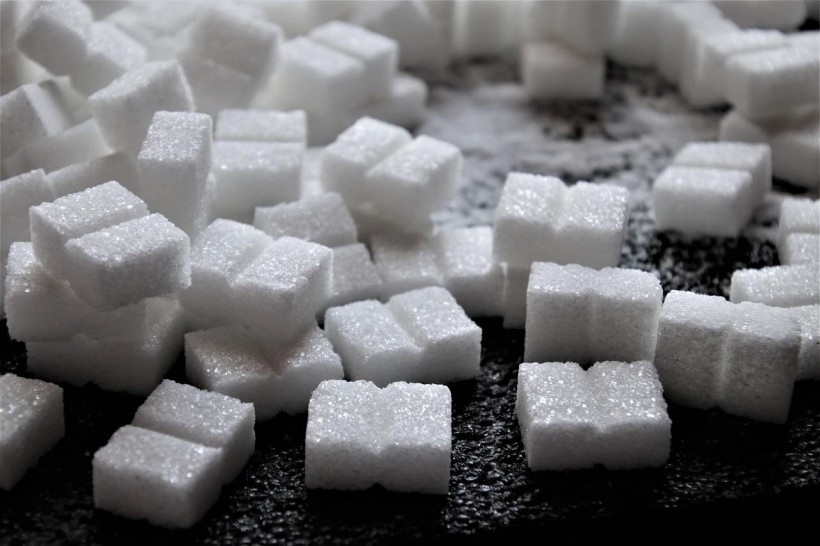The brain consumes the most energy compared to other body parts, and glucose is its main fuel. But what occurs if the brain is exposed to too much sugar from the typical American diet? More is not better in this situation.

New Low-Calorie Sweetener is As Sweet As Table Sugar and Good For Gut Microbes
Sugar, Fats Can Affect Your Brain
The release of dopamine, a neurotransmitter, is one especially significant reaction to food that has a complicated impact on our brains. Eating causes the release of dopamine, just like addictive substances. Dopamine does not promote pleasure, unlike what many people think. It urges us to continue engaging in behaviors that support survival, such as consuming wholesome food and procreating. We are more prone to repeat a behavior the more dopamine is produced.
Dopamine is a chemical released in the striatum, a region of the brain connected to movement and rewarding behavior, when we consume fat and sugar, thanks to sensors in the mouth. However, Alexandra DiFeliceantonio, an assistant professor at Virginia Tech's Fralin Biomedical Research Institute, told National Geographic that the oral sensory process is just one aspect of the whole picture. Additionally, the stomach has a secondary sensor that detects fat and sugar, alerting the brain to produce dopamine in the same area.
While the precise mechanism by which sugar is signaled from the gut to the brain is still being mapped out by experts, the process by which fat is signaled in the same manner is well known. The vagus nerve, which regulates a number of unconscious processes, including breathing and digestion, sends a message to the striatum when fat is found in the upper intestine.
Food that is high in fat and sugar can boost dopamine levels in the striatum by up to 200 percent over normal levels, a comparable rise to that seen with alcohol and nicotine, two substances that are widely popular as addictive substances. In particular, one research found that sugar boosted dopamine levels by 135 to 140 percent, while another found that fat increased them by 160 percent, albeit it took longer to take effect. Other drugs operate quite differently; methamphetamine can increase normal dopamine levels by ten times while cocaine can treble them.
Sugar May Rewire the Brain, Too
Through a process known as neuroplasticity, the brain constantly changes and rewires itself. Science Alert said the reward system might undergo this rewiring. The brain becomes accustomed to repeated stimulation due to drug use or consuming large amounts of sweet foods, resulting in tolerance.
When it comes to sweet foods, this means we have to consume more to have the same satisfying feeling, which is a hallmark of addiction.
Scientists and medical professionals disagree on the definition of food addiction. While it is true that some substances may cause physical dependence, it is debatable whether or not food can cause addiction when it is necessary for fundamental life.
Protect Your Brain From Sugar
The World Health Organization recommends that we keep our daily intake of added sugars to 5% of calories, or 25 grams (six teaspoons).
This is a significant diet shift for many, considering several adults eat 85 grams (20 teaspoons) of sugar daily.
Importantly, the brain can reset to some extent after reducing dietary sugar, and exercise helps speed up this process according to its neuroplasticity properties. Additionally neuroprotective, foods high in omega-3 fats-found in fish oil, almonds, and seeds-can increase the chemicals in the brain that help create new neurons.
While changing bad habits like constantly having dessert or making your coffee a double-double is difficult; your brain will appreciate your efforts.
Often, the toughest step is the first one. Along the way, these dietary modifications frequently get simpler.
RELATED ARTICLE: Antibiotics Taken During Infancy May Affect a Person's Gut Health in Adulthood
Check out more news and information on Medicine and Health in Science Times.














